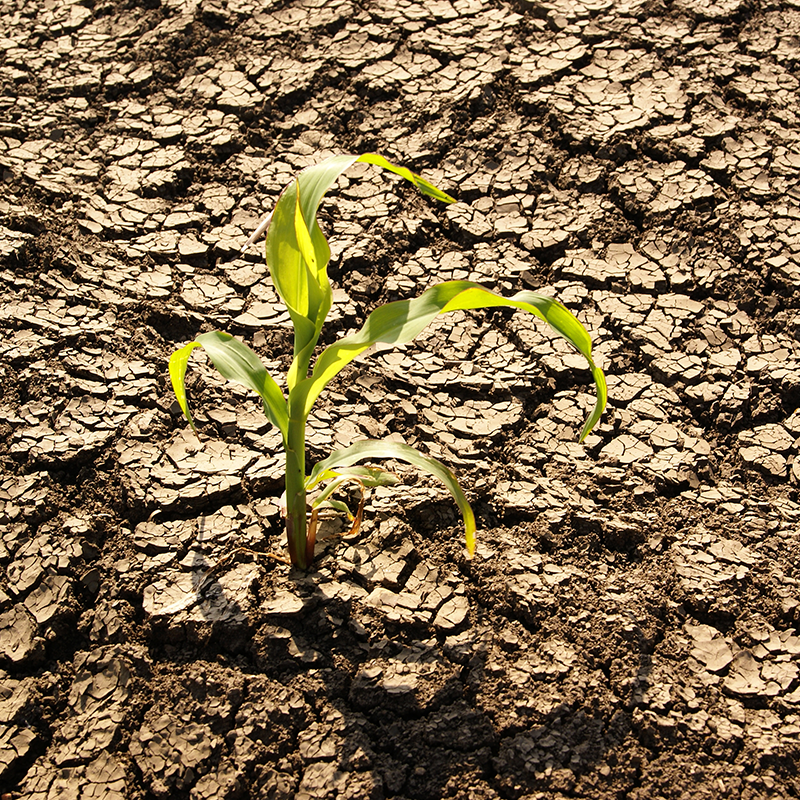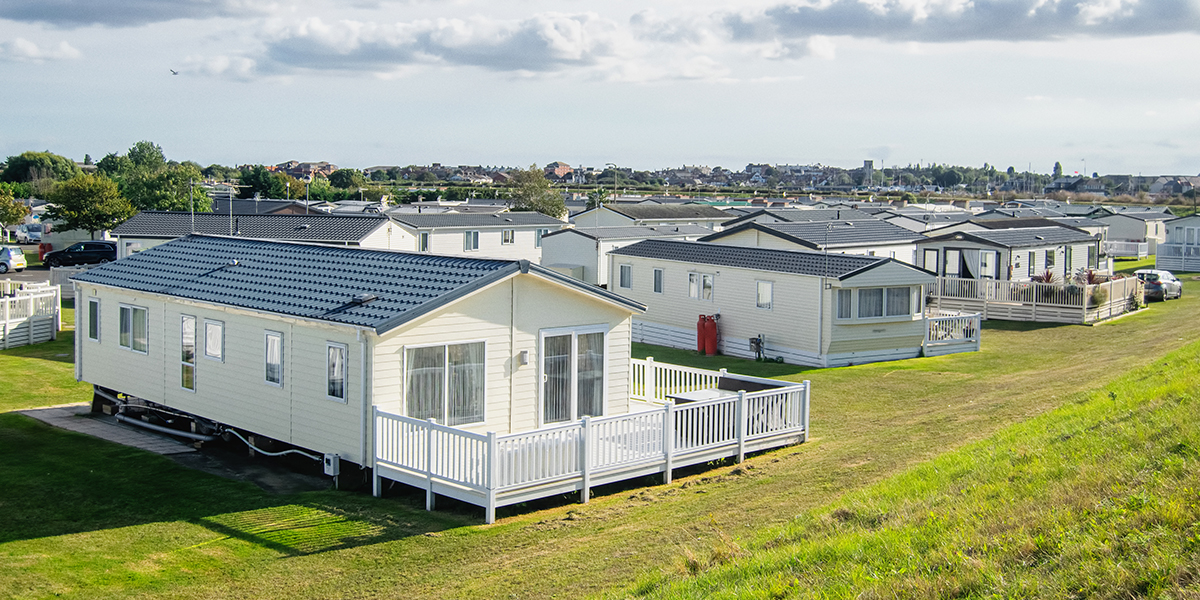From implementing basic water use best practices to installing eco-friendly water conservation technology, here are six ways to not only avoid fines during times of drought — but also save money on your water bill and help the environment in the long-term.
Don’t leave the water running.
This might seem obvious, but you’d be surprised how often people will just leave the tap running when it doesn’t need to be. In the bathroom, turn off the faucet while brushing your teeth or shaving. In the kitchen, wash fruit and vegetables quickly, and let frozen foods defrost in the fridge overnight — not under a hot stream of water in the sink.
Take smart showers.
The number one way to be smart about showering during a drought is by taking navy showers. Also known as “military showers” or “combat showers,” this method of showering conserves water by (a) turning off the flow during the lathering stage, and (b) limiting the shower duration to two or three minutes. While the average 10-minute shower uses about 60 gallons of water, a navy shower uses as little as three gallons! That’s not all you can do to conserve shower water. If you’re waiting for your shower to warm up, collect the cool water in a bucket and set aside to use elsewhere — such as watering plants or providing flushing water for your toilet.
Go low-flow.
Did you know a family of four can conserve a whopping 30,000 gallons of water per year by switching to low-flow toilets, shower heads, and faucet taps? While retrofitting your property with low-flow technology may cost a little extra dough up front, it pays off in the end — for your wallet and the environment.
Invest in a water meter monitoring device.
Undetected leaks in residential and commercial properties can lose tens of thousands of gallons of water each year. The moment you detect a water leak is the moment you need to spring into action, but sometimes by the time the leak is located, you’ve already run up a hefty water bill. This can be especially painful during times of drought.
The best way to guard yourself against these unexpected bills and save this precious resource is by investing in a real time water meter monitoring device. Water monitoring technology is endorsed by the Environmental Protection Agency’s WaterSense program, which recommends that property owners and operators “consider installing a water meter data management system with remote communication capabilities that provides instant feedback on all metered water use in a central location.” The industry standard for these devices is WaterSignal, a water meter monitoring system that detects leaks in real-time and sends alerts via email and text that specifically tell you where the leak is and the amount of water lost.
Ditch the grass lawn and irrigate with rainwater.
Grass lawns are lovely and lush, but they require vast quantities of water to maintain. During drought conditions, there are often stringent rules about watering grass lawns. To circumvent the grass lawn problem, opt for more drought-tolerant landscaping that puts a heavier emphasis on elements like:
● Decorative stone, gravel, and pavers
● Low-maintenance succulents
● Drought-resistant ornamental grasses
Of course, even a drought-resistant lawn requires watering from time to time. Save on tap water by collecting rainwater in rain barrels to use in times of drought. According to the EPA, you can save an estimated 1,300 gallons of water by switching from tap water irrigation to rain barrel irrigation.
Skip washing your car.
A little dust never hurt anyone, but sometimes a car that is too dirty can be a hazard — like if you’re unable to see out of the windows. The best way to wash your car during a drought is to take it to a professional car wash, where they typically recycle their waste water. However, if you absolutely must wash your car at home, the key is to avoid letting the hose run while you wash. Instead, fill a bucket with water and use that to lather your car up. Only use the hose to rinse the car down in the beginning and at the end.
Contact WaterSignal today to learn more about how to conserve water for your residential or commercial property.




